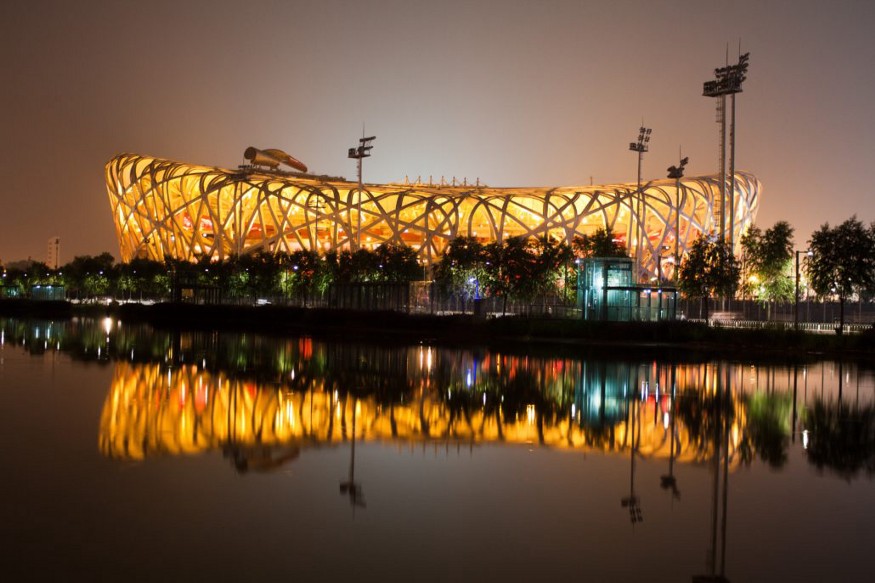Reflections on Beijing

For almost as long as Beijing has existed people have continually warned about its cultural last days. Whenever I mentioned to my well-travelled friends that I would be living in Beijing they without fail would spin some line about how it’s just not the real China anymore. I imagine these are the same people who with every Burning Man lament it is never as good as it was.
Beijing may have once had a glorious past, but given that this now lies buried under a Starbucks, I may as well enjoy the supposedly culturally apocalyptic world that remains.
It’s true that a part of me wishes that I could live in a Hutong – a traditional single-storey street of courtyard dwellings. These once crisscrossed the city in their thousands until Beijing decided it wanted to host the Olympics. Instead, I’m confined to the 22nd floor of a generic apartment complex soaring almost ashamedly into a haze of pollution; a cloud with the dubious silver lining of an increased likelihood of respiratory problems.
I also wish I could have seen the original temples and palaces which represented a historical legacy of three millennia, but instead, I must be content with thinly-veiled illusions which upon closer inspection reveal hastily erected concrete beneath.
However, for me, the spirit of the city no longer lies in the lost buildings which were swept away in the name of development but instead is embodied by Beijing’s hipsters filling techno club Dada on a Saturday night and the gaggle of high-schoolers crooning songs in a KTV. I see it in the hustle of my friends working in Beijing’s startups who, when I call them in a counterfeit-Belvedere induced blur in the early hours, will invariably still be in the office. The spirit is also in the smell of Hot Pot that for some reason I can never get out of my clothes for all the Persil in the world.
My Beijing is not your Beijing, and it’s not anyone else’s Beijing. You can create your own bubble, curating your personal levels of cultural exposure. You might mix with the well-dressed perfectly manicured expats in San Li Tun drinking cocktails at prices that would make a Londoner blush. Alternatively, you can while away the hours in a park watching a sexagenarian catapult small stones at a tree or be stage-managed by chain-smoking old men as you try to unravel the nuances of Chinese Chess. The history might only be as real as the alcohol, but what makes me love the city is the newly emerging culture that reveals itself more with every day I spend here.
Increasingly, the metropolis is being fuelled by waves of migrants from across China driven by an idea embedded in the Chinese consciousness that Beijing is the Chinese dream. They’re bringing with them fresh ideas and perspectives that are shaping the Beijing of tomorrow. The truth is that while the culture of old Beijing may have disappeared, new stories are already starting to be written. The city is not the ubiquitous high-rises that replaced the beautiful chaos of the Hutongs or the rough concrete facsimiles of historical landmarks, but rather the 20 million minds working on creating a future that matters to them.